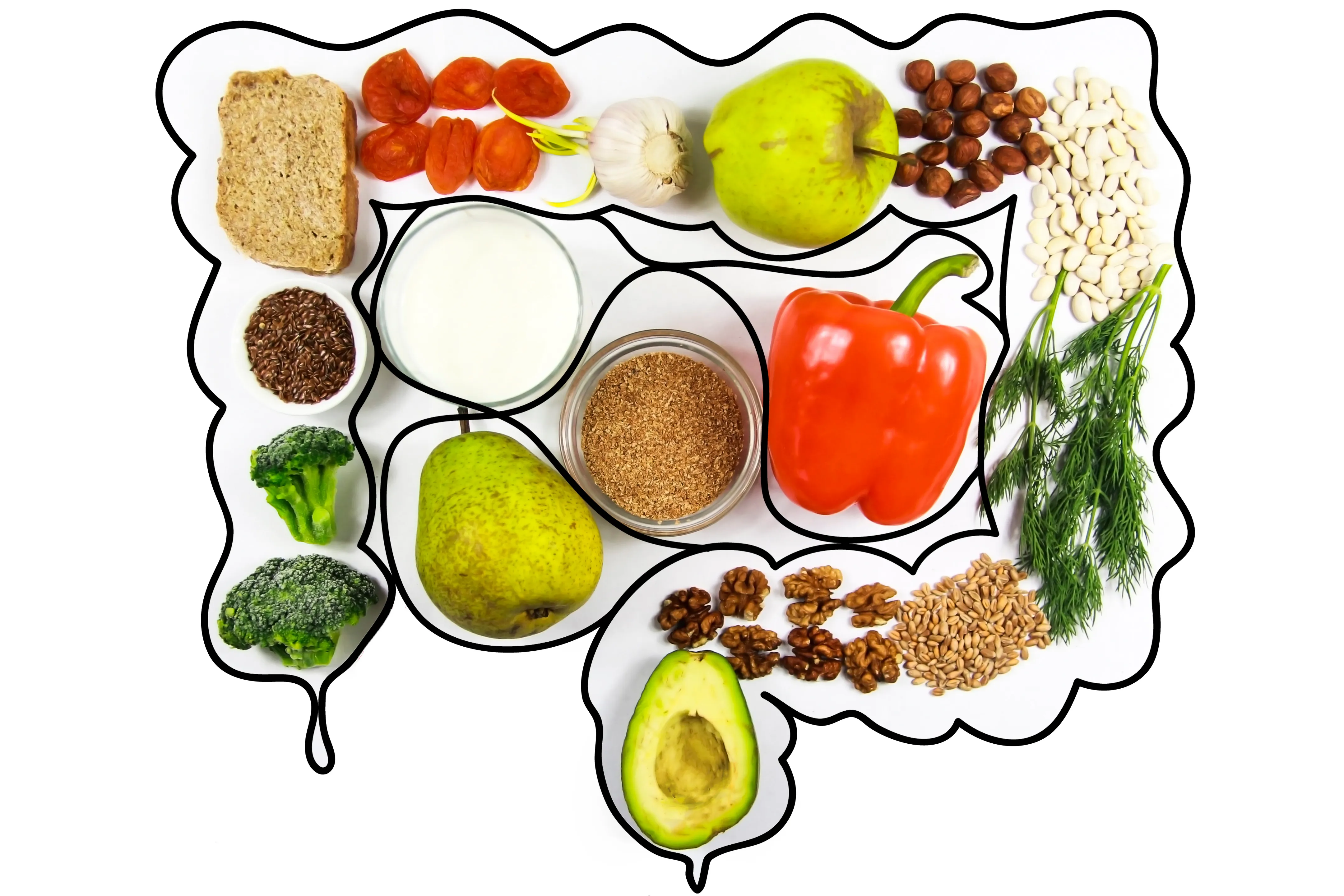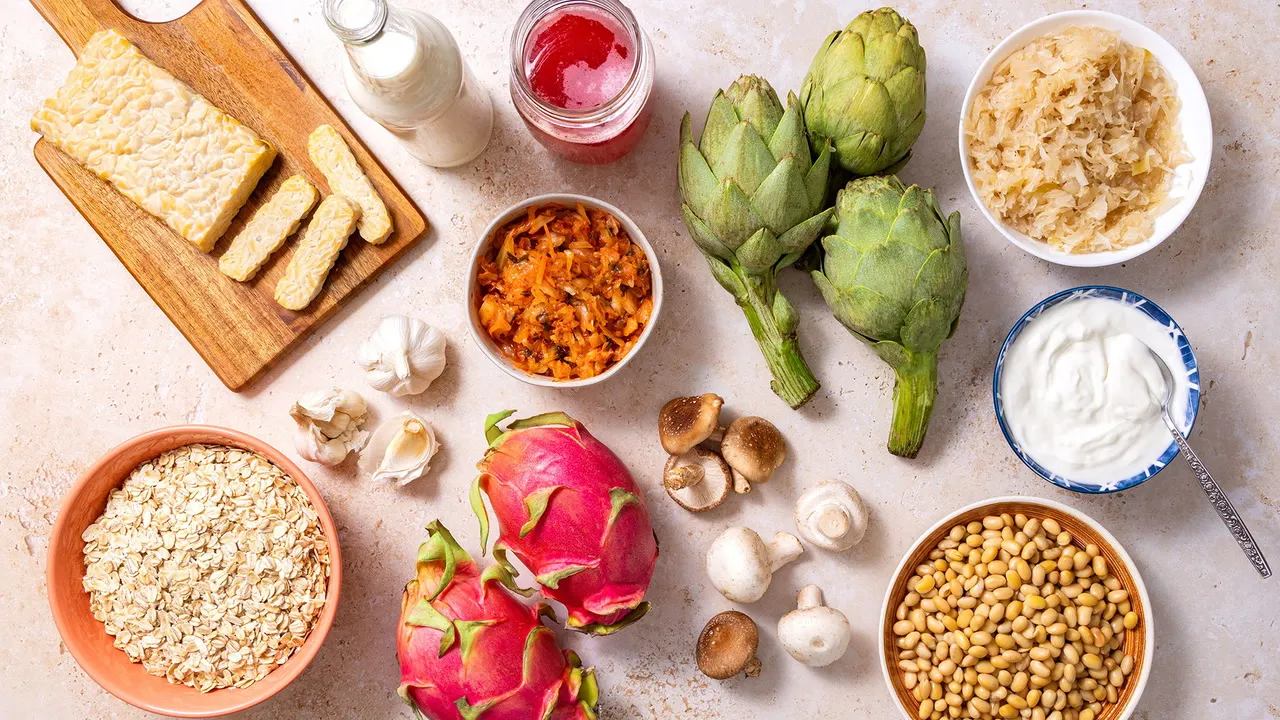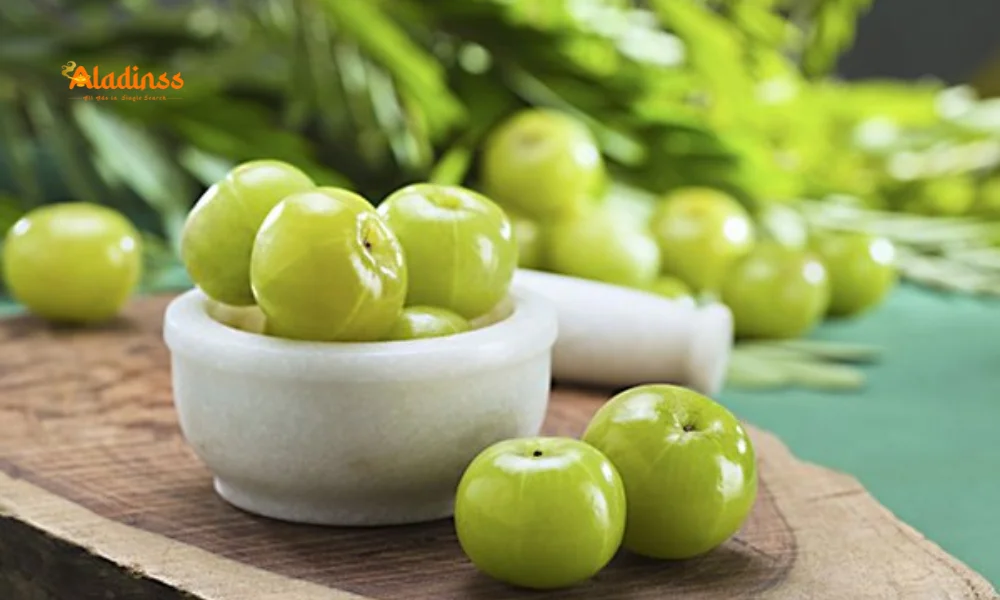5 Foods to Fix Digestive Problems: Boost Gut Health Naturally

5 Foods to Fix Digestive Problems: Boost Gut Health Naturally
Digestive issues like bloating, discomfort, and irregular bowel movements plague many, especially after heavy meals, often leading to reliance on medications for relief. However, incorporating nutrient-rich foods into your diet can naturally alleviate these symptoms by enhancing digestion and reducing discomfort. These foods, packed with digestive enzymes, probiotics, and anti-inflammatory compounds, foster a balanced gut, reducing the need for pharmaceutical interventions. In this latest health update, we explore five powerful foods—ginger, yogurt, fennel, dark chocolate, and mint—that can transform your digestive health when consumed post-meal, promoting a healthier relationship between food and your body.
Why Food Matters for Digestive Health
The digestive system is a complex network that breaks down food into nutrients, fuels energy production, and eliminates waste. Disruptions from poor diet, stress, or inadequate fiber intake can lead to bloating, gas, constipation, or indigestion. Instead of turning to over-the-counter remedies, foods with natural digestive aids like enzymes, fiber, and probiotics can address these issues at their core. These foods enhance enzyme activity, reduce gut inflammation, and support a balanced microbiome, ensuring smoother digestion and long-term gut health.
The gut microbiome, comprising trillions of bacteria, influences digestion, immunity, and even mental health. Diets lacking in supportive nutrients can disrupt this balance, leading to chronic digestive issues. The five foods highlighted here are scientifically proven to soothe the digestive tract, reduce discomfort, and improve nutrient absorption, making them ideal for post-meal consumption. By incorporating these foods, you can foster a healthier digestive system without relying on medications.

Five Foods to Boost Digestion
These five foods, rich in enzymes, fiber, and soothing compounds, are easy to incorporate into your diet and offer targeted benefits for digestive health. From reducing bloating to promoting regular bowel movements, they provide natural relief and enhance gut function when consumed after meals.
Ginger: A Digestive Powerhouse
Ginger, a time-honored remedy, contains active compounds like gingerol and shogaol that enhance the digestive process. These enzymes aid in breaking down proteins and fats, reducing bloating and gas. Ginger stimulates the production of digestive juices—saliva, gastric acid, and bile—improving nutrient absorption and alleviating post-meal heaviness. Its anti-inflammatory properties soothe the gut lining, making it ideal for those prone to indigestion. Sipping ginger tea or chewing a small piece of fresh ginger after meals can deliver quick relief.
Research shows ginger can accelerate gastric emptying by up to 25%, preventing food from lingering in the stomach and causing discomfort. Its high fiber content supports bowel regularity, while its anti-spasmodic effects calm intestinal cramps. Whether consumed raw, candied, or as a spice in dishes, ginger is a versatile and effective digestive aid, accessible to all.

Yogurt: Probiotics for Gut Balance
Yogurt, packed with probiotics and digestive enzymes, is a cornerstone of gut health. Live cultures like Lactobacillus and Bifidobacterium restore microbial balance, aiding protein breakdown and nutrient absorption. The calcium and lactic acid in yogurt neutralize stomach acidity, reducing bloating and discomfort. For those with lactose intolerance, yogurt’s lactic acid improves lactose digestion, making it a gentle option for sensitive stomachs.
Regular consumption of probiotic yogurt can reduce gut inflammation and enhance motility, preventing constipation and promoting smoother digestion. Opt for plain, unsweetened yogurt with live cultures for maximum benefits. A small bowl post-meal, perhaps paired with fruit, soothes the digestive tract and supports long-term gut health, making it a simple yet powerful addition to any diet.
Fennel: Nature’s Carminative
Fennel seeds are celebrated for their carminative properties, which alleviate bloating, gas, and digestive discomfort. Their volatile oils, such as anethole, stimulate digestive enzyme production, facilitating efficient food breakdown. The fiber in fennel promotes regular bowel movements, preventing constipation and soothing an irritated digestive tract. Chewing a teaspoon of fennel seeds or brewing fennel tea after meals provides rapid relief and enhances digestive comfort.
Fennel’s anti-spasmodic effects calm intestinal cramps, making it particularly effective for conditions like irritable bowel syndrome (IBS). Its mild licorice-like flavor makes it an enjoyable post-meal ritual, offering both immediate relief and long-term digestive benefits. Fennel is a natural, accessible solution for those seeking to ease post-meal discomfort.

Dark Chocolate: A Sweet Digestive Aid
Dark chocolate, with at least 70% cocoa, doubles as a treat and a digestive aid. Rich in flavonoids and magnesium, it relaxes the digestive tract, easing bloating and discomfort. Its antioxidants combat gut inflammation, while fiber promotes satiety and regular bowel movements. Consuming a small square (10-15 grams) after meals enhances digestion without overloading on sugar, making it a guilt-free option for gut health.
Studies indicate that flavonoids in dark chocolate improve gut microbiota diversity, fostering a healthier digestive environment. Moderation is crucial to avoid excess calories, but when consumed mindfully, dark chocolate offers a delicious way to support digestion and reduce post-meal discomfort.
Mint: A Refreshing Gut Soother
Mint’s refreshing properties make it a potent ally for digestion. Its essential oils, particularly menthol, stimulate digestive processes, reduce bloating, and alleviate gas. Mint relaxes stomach muscles, preventing cramps and nausea, and promotes efficient food breakdown. Sipping peppermint tea or chewing fresh mint leaves after meals soothes the digestive system and enhances overall comfort.
Research suggests mint can reduce IBS symptoms by up to 40%, making it a valuable tool for chronic digestive issues. Its cooling effect counters post-meal heaviness, offering a natural, refreshing solution for better gut function. Mint is easy to incorporate, whether as tea, fresh leaves, or even in culinary dishes.
The Science Behind These Digestive Aids
These foods enhance digestion through synergistic mechanisms. Enzymes like amylases, proteases, and lipases in ginger and yogurt break down carbohydrates, proteins, and fats, respectively, ensuring efficient nutrient absorption. Probiotics in yogurt introduce beneficial bacteria that regulate gut flora, while fiber from fennel and dark chocolate supports peristalsis, the wave-like contractions that move food through the digestive tract. Anti-inflammatory compounds in mint and dark chocolate reduce gut irritation, preventing discomfort and bloating.
A balanced gut microbiome is linked to improved immunity, mood, and metabolism. These foods foster an environment where beneficial bacteria thrive, reducing dysbiosis—a microbial imbalance that can lead to chronic digestive issues. They also promote the production of short-chain fatty acids, which nourish colon cells and strengthen the gut barrier, enhancing overall digestive health.
How to Incorporate These Foods into Your Routine
Integrating these foods into your daily diet is straightforward and effective. Keep ginger tea bags or fresh ginger root at home for a post-meal drink—simply steep a few slices in hot water. Add a small serving of plain yogurt to lunch or dinner, perhaps topped with berries for flavor. Chew a teaspoon of fennel seeds after heavy meals or brew them into tea for a soothing effect. Enjoy a square of dark chocolate (70% cocoa or higher) as a dessert alternative, and sip peppermint tea or chew fresh mint leaves to wind down after eating.
For those with dietary restrictions, alternatives like vegan yogurt or sugar-free dark chocolate can deliver similar benefits. Consistency is key—making these foods a regular part of your diet ensures sustained improvements in digestion. Pair them with mindful eating habits, such as chewing slowly, to maximize their effects and reduce strain on the digestive system.
Additional Strategies for Digestive Wellness
Beyond dietary changes, lifestyle factors can amplify digestive health. Staying hydrated is crucial, as water supports enzyme function and prevents constipation. Aim for 2-3 liters daily, adjusting for activity levels. Eating slowly allows saliva to initiate digestion, reducing the stomach’s workload. Regular physical activity, such as a 10-minute walk after meals, stimulates gut motility and enhances digestion.
Stress management is equally important, as cortisol can disrupt digestion and exacerbate bloating. Practices like yoga, meditation, or deep breathing can calm the nervous system, supporting gut function. Adequate sleep, ideally 7-9 hours nightly, regulates gut microbiota and hormonal balance, further reducing digestive issues.
When to Seek Medical Advice
While these foods can alleviate mild digestive issues, persistent symptoms like chronic bloating, severe pain, or irregular bowel movements may indicate underlying conditions such as IBS, acid reflux, or food intolerances. Consulting a healthcare provider for diagnostic tests, such as stool analysis or endoscopy, can identify root causes. A dietitian can also tailor a plan to address specific digestive concerns, ensuring comprehensive care.
By combining these foods with a holistic approach—hydration, exercise, stress management, and sleep—you can achieve lasting digestive wellness. These natural remedies empower you to take control of your gut health, reducing reliance on medications and fostering a balanced, vibrant digestive system.
Comment / Reply From
No comments yet. Be the first to comment!






